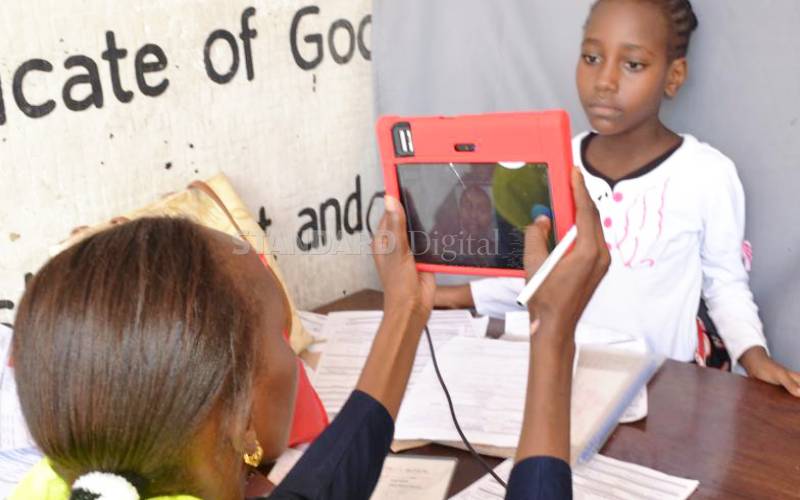×
The Standard e-Paper
Stay Informed, Even Offline

Kenyans who object to having their data processed will fill a request form restricting or objecting to the processing of their information.
Kenyans who opt to have their personal data excluded from the National Information Integrated System (NIIMS) and the Huduma Namba registration will have to write to the government giving reasons why they object.